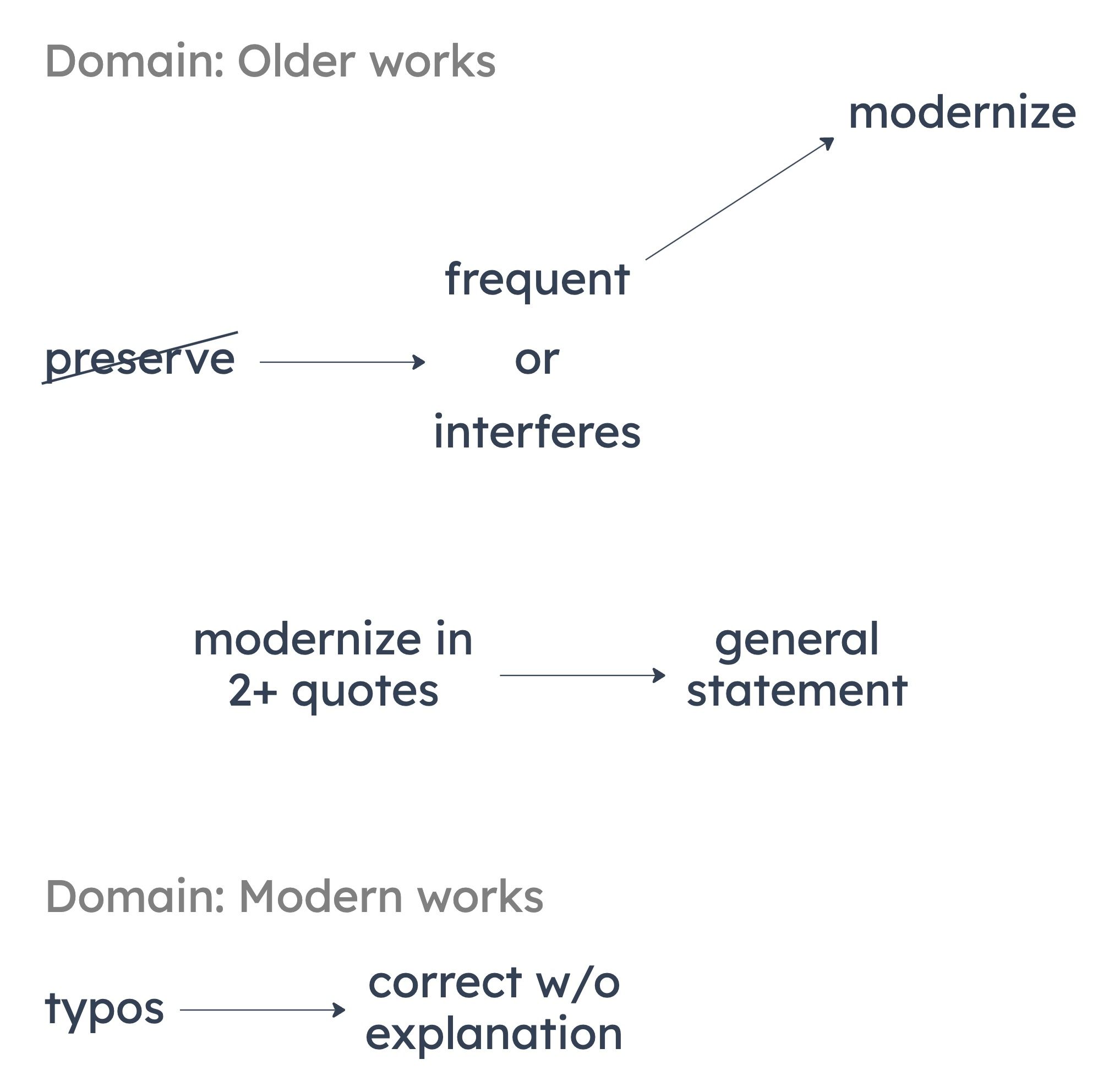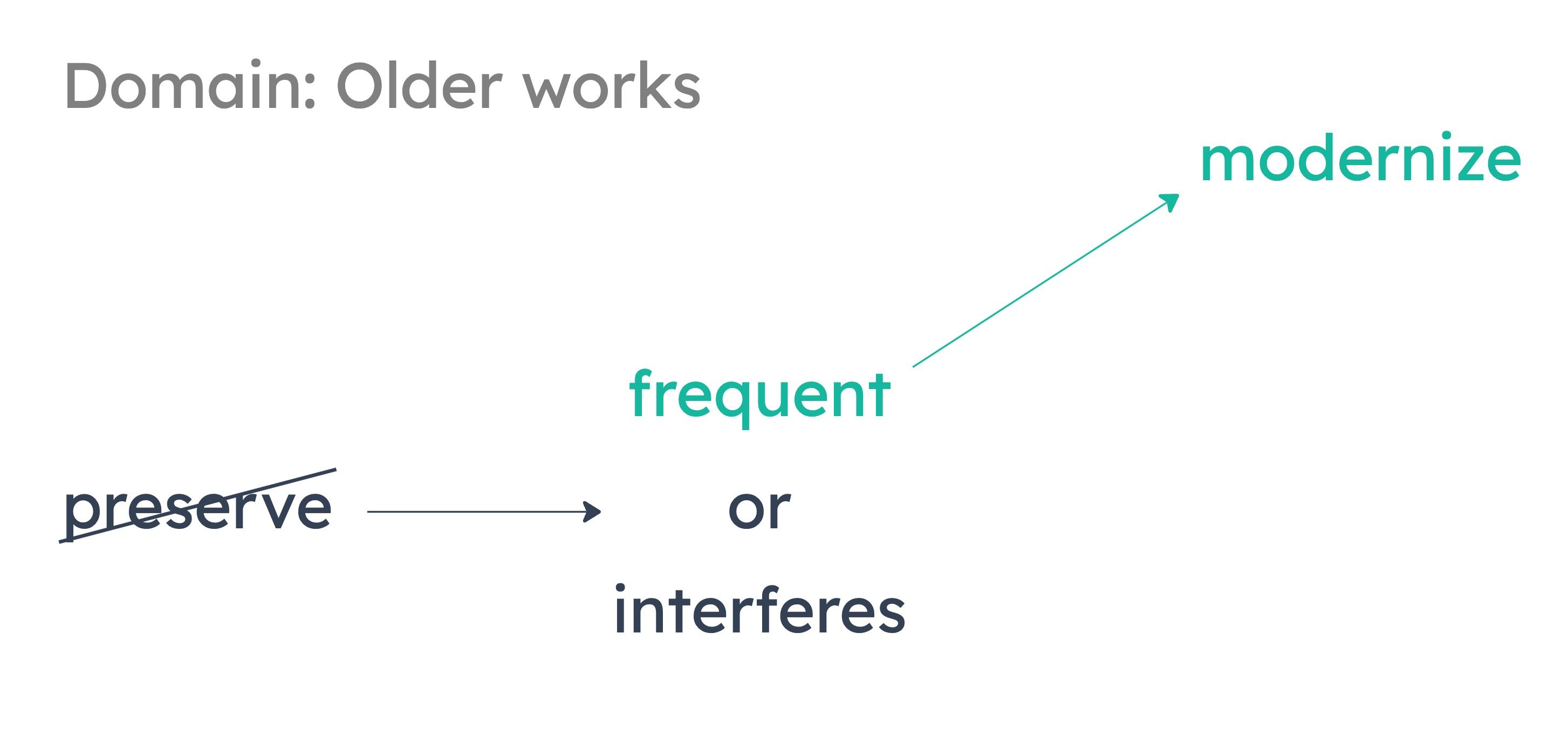The eye of the mantis shrimp is likely the most complex visual organ in all of the animal kingdom. Each of its parts must be present and function with the other parts in order for its vision to render polarized light and multispectral images. Therefore, an ancestor of the mantis shrimp with only a few of those parts would have gained no survival advantage.
Come on!
Do you see how terrible this argument is? It's presuming that say, a simple eye that could, say, only perceive vague shapes in low resolution in black and white, is useless. How obviously, flagrantly, false.
But, we have to find a necessary assumption for this terrible argument.
To keep this argument alive, we must establish that for parts of the mantis shrimp eye to have aided survival, it must have helped it to render polarized light and multispectral images.
Imagine if we negated this assumption. So, parts of the mantis shrimp eye that could not render polarized light and multispectral images (in other words, the "simple eye" that could only make out vague shapes) could still aid survival. Well, yeah, now the terribleness of the argument comes to light.
Style manual: Archaic spellings and styles of punctuation in direct quotations from older works are to be preserved if they occur infrequently and do not interfere with a reader’s comprehension. However, if they occur frequently, the editor may modernize them, inserting a note with an explanation to this effect in the text, or if similar modernizing has been done in more than one quotation, inserting a general statement in the preface. On the other hand, obvious typographical errors in quotations from modern works may be corrected without explanation.
Summary
The stimulus can be diagrammed as follows:

Notable Valid Inferences
If an older work contains frequent archaic spellings or styles of punctuation in direct quotations, the editor may modernize said spellings or styles.
A
If an editor corrects the spelling of a quoted word and the word occurs only once in the text, then an explanation should appear in a note or in the text.
Could be false. If the word in question was misspelled by an obvious typographical error and if the work it’s quoted in was modern, the editor may correct the spelling without explanation.
B
An editor may modernize an archaic spelling of a word found in a modern work without providing an explanation.
Could be false. The only rule we have about editing modern works is that it’s okay to correct obvious typographical errors without explanation. We have no information about when or how it might be acceptable to modernize an archaic spelling of a word in a modern work.
C
An editor should modernize an archaic spelling of a word that is quoted from an older work if the spelling interferes with reader comprehension.
Could be false. We only know that an editor may modernize an archaic spelling of a word that is quoted from an older work if the archaic spelling occurs frequently. We also don’t have any information about whether or not the editor actually should do so.
D
An editor may modernize punctuation directly quoted from an older work if that punctuation occurs frequently and interferes with reader comprehension.
Must be true. As shown below, by chaining the conditional claims, we see that “may modernize” is a necessary condition of “frequent occurrence.” As long as the punctuation occurs frequently, we know that the editor may modernize it.

E
If an editor modernizes only one of several similar instances of quoted archaic punctuation, an explanation should appear in the preface of the work.
Could be false. We know that if an editor modernizes more than one similar instance of quoted archaic punctuation, that editor should include a general statement in the preface. But that’s not a requirement if only one modernization was made.
Lack of training, rather than lack of power, causes most singers who take on demanding roles when young to lose their voices early.
Improved training of young singers can help them keep their voices longer.
A
Young opera singers without great vocal power are unlikely to ruin their voices by singing demanding roles.
B
Some young opera singers ruin their voices while singing demanding roles because their vocal cords have not yet matured.
C
Only opera singers with many years of technical training should try to sing demanding roles.
D
Only mature opera singers can sing demanding roles without undue strain on their vocal cords.
E
Most young opera singers who sing demanding roles strain their vocal cords.
A
It is a claim for which the argument attempts to provide justification.
B
It makes an observation that, according to the argument, is insufficient to justify the claim that the argument concludes is false.
C
It is a claim, acceptance of which, the argument contends, is a primary obstacle to some people’s having an adequate conception of virtue.
D
It is, according to the argument, a commonly held opinion that is nevertheless false.
E
It reports an observation that, according to the argument, serves as evidence for the truth of its conclusion.
By concluding that these speeches are a good source of data on the common morality of citizens in ancient Greece, she also assumes that jurors’ values were representative of all citizens.
A
Litigants believed jurors were more likely to be impressed by litigants whose personality they preferred.
B
Litigants believed jurors were more likely to subject the litigants’ personal moral codes to close critical scrutiny than were people who did not sit on juries.
C
Litigants believed jurors were likely to be impressed by litigants whose professed moral code most resembled their own.
D
Litigants believed jurors to be more impressed by litigants who were of the same economic class as the jurors.
E
Litigants believed jurors were likely to render their decisions based on a good understanding of the law.